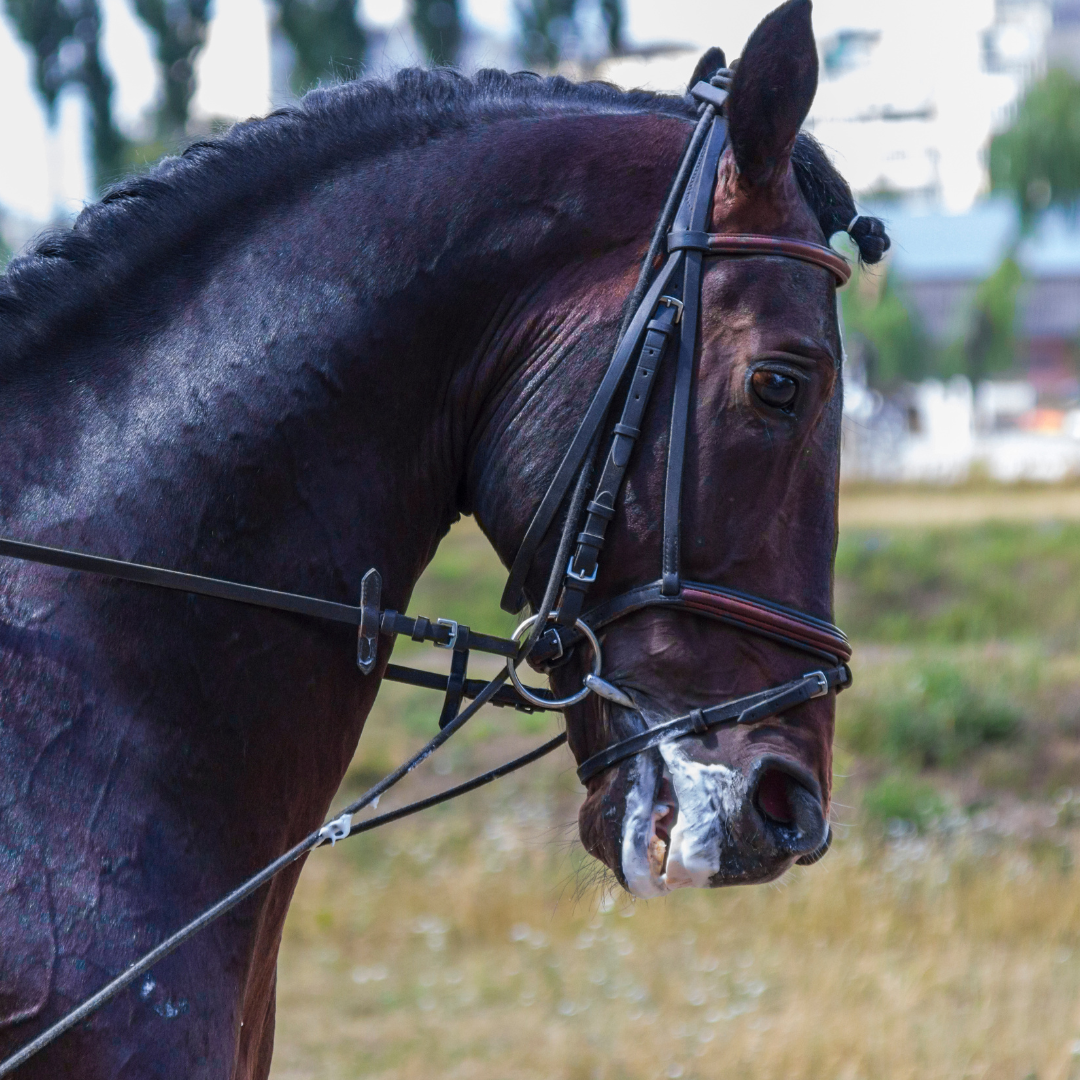What Will It Take to Speak Up For Change?
It seems that any time a concern regarding horse welfare is voiced, perhaps one that calls to change certain norms in training or management of horses, there is a resounding public outcry.
“This is the start of PETA cancelling the horse sport, because of tree huggers like you!”
“But I don’t do that to my horse, stop talking about this!”
“Most people love their horses, stop focusing on the negatives!”
“This is a slippery slope to riding horses being outlawed completely!”
Or any number of common deflection tactics that serve the purpose of trying to quiet any mention of concern for horse welfare.
People seem to feel attacked by any and all commentary on equine wellbeing, particularly when scientific study is brought up as a means of bringing a certain level of credibility to the table, an explanation for why there is need for change.
Even when they admit themselves that they aren’t guilty of whatever is being criticized, people often feel compelled to deflect and defend whatever the target of criticism is, oftentimes citing their fear of the sport being cancelled as whole for their reason for doing so.
To be frank, the biggest danger to the sport is our lack of ability to change.
It’s our denial of scientific research that shows us where there is need for change.
It’s our commitment to tradition over doing what is right.
It is our propensity to defend the actions of any upper level rider, simply because they’ve made it to the top and we’ve made ourselves believe that it isn’t possible to do so unethically…
The biggest danger to horse sports is ourselves. Us. The humans.
How do you think it looks to animal rights organizations and people outside of the horse world, who love animals, to see crowds of horse people deliberately denying the validity of scientific studies displaying some of the top welfare concerns in horse sport and horse care?
How do you think it looks to people outside of the industry to see horse people respond with immediate deflection, flimsy justification or outright denial?
I’ll tell you how it looks: it looks like we have absolutely no desire to change, no matter how much proof there is for our need to change. It looks like we refuse to improve and better the sport.
This attitude, if anything, will further justify a more extreme response to protect horse welfare. When you have a group of entitled people, flat out refusing any and all information that contradicts them, no matter how credible, it can feel pointless to push for welfare improvement that they won’t accept and uphold.
What is the point in improved policy if it seems the majority of horse people will refuse to put it in practice? And so, the horse sport may look unsalvageable to many people who have no stake in the game and therefore no reason or desire to defend the horse industry in the ways those who are part of it will.
Our stubbornness and refusal to welcome any improvement that serves to change the sport as we know it, that requests of us a change in perspective, is what puts our sport at the most grave risk. It is what calls into question whether the riding and ownership of horses can be done ethically.
Our attitudes, lack of willingness to accept change and use of status to deflect from welfare critiques will be the undoing of the industry.
People outside the horse world see right through the excuse of “so and so wins a lot, so they’re ethical” or “you don’t know my horse!” They see the deflection for what it is, without bias, because they haven’t been conditioned to have bias in favour of harmful practices… Whereas, the average horse person has.
So, next time you find yourself, or anyone else, feeling compelled to use the slippery slope argument to deflect away from discussions regarding positive change for welfare, remind yourself of this:
It is our apathy and refusal to accept modern information and change for the better because of it that will do us in. It is our apathy, selfishness and dissonance that will end the sport.
Not the openness and willingness to accept change where it is needed.

